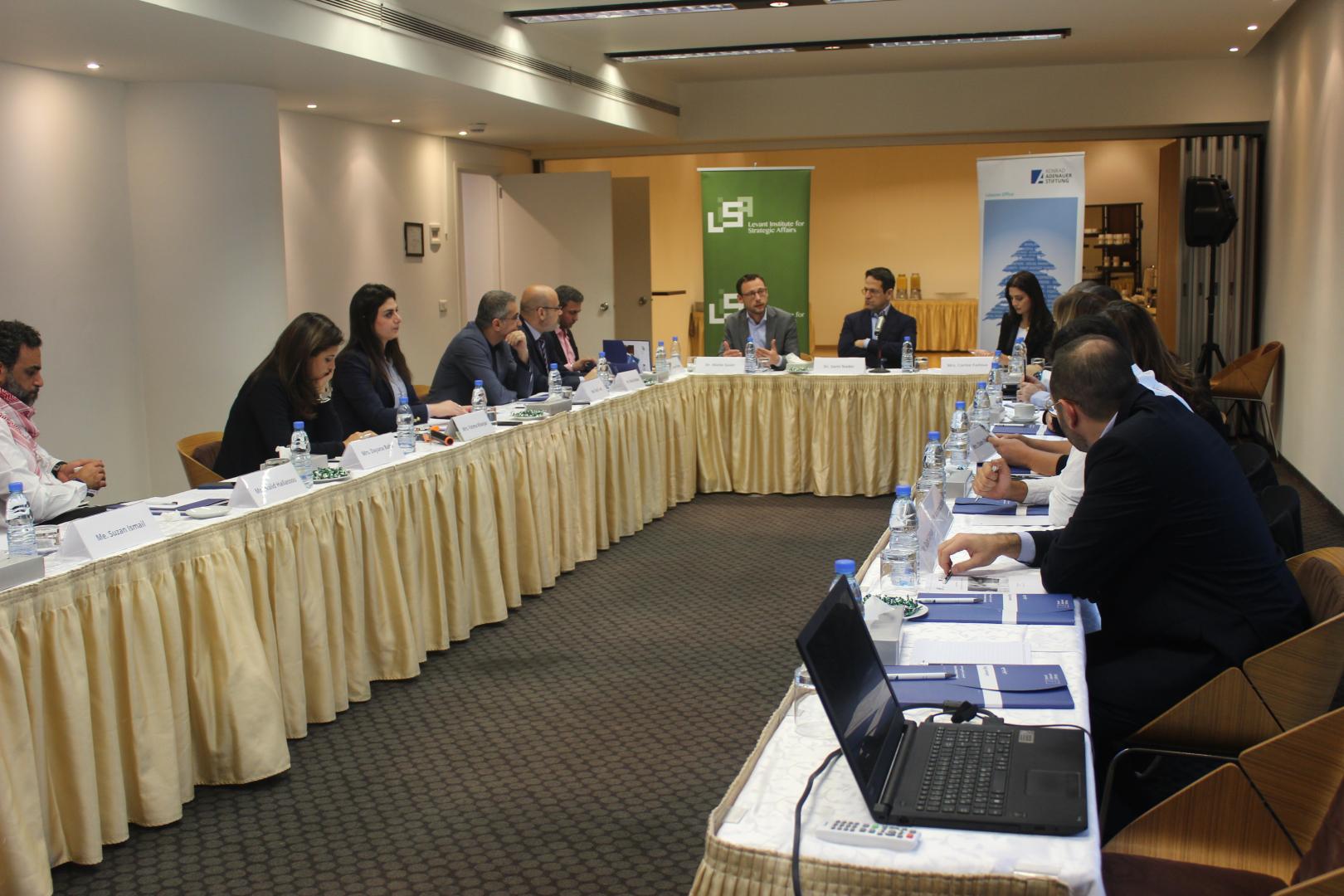In 2018, the Lebanese people voted for the first time under the proportional representation law in their Parliamentary Elections. Lebanon has always witnessed elections under the majoritarian law, which made the shift to a proportional law an overwhelming one. Acknowledging the positive impacts, the new law has added to the political scene, such as introducing the proportional representation system and the pre-printed voting ballot, these advantages were mitigated because of the mix of the preferential vote to the proportional system. In this context, yesterday’s roundtable discussion covered political as well as technical aspects of the electoral law. It tackled the technical aspects, such as the optimization of the counting, tabulation and aggregation of the votes and results. The political aspect of the roundtable discussion involved the participation of most Lebanese parties, political associations as well as non-governmental organizations to find a common ground between them concerning the amendments they are proposing to the electoral law. Each present party addressed its concerns and priorities, and debated the different amendments proposed by the others. The goal of this discussion was it to find mutual understanding and create a common denominator under which new reforms should be suggested.






